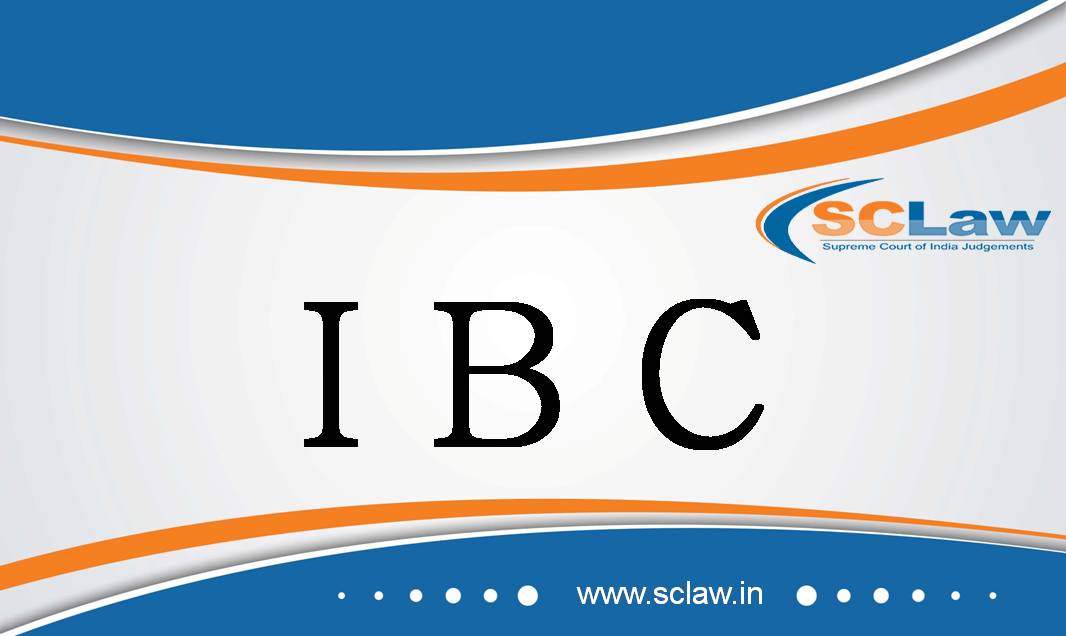Insolvency and Bankruptcy Code, 2016 – Sections 30(2) and 61(3) – Dominant purpose of the IBC is revival of the Corporate Debtor and making it an ongoing concern – ‘commercial wisdom’ of the CoC has been given paramount status without any judicial intervention, for ensuring completion of the processes within the timelines prescribed by the IBC –
SUPREME COURT OF INDIA DIVISION BENCH NGAITLANG DHAR — Appellant Vs. PANNA PRAGATI INFRASTRUCTURE PRIVATE LIMITED AND OTHERS — Respondent ( Before : L. Nageswara Rao and B.R. Gavai, JJ.…




